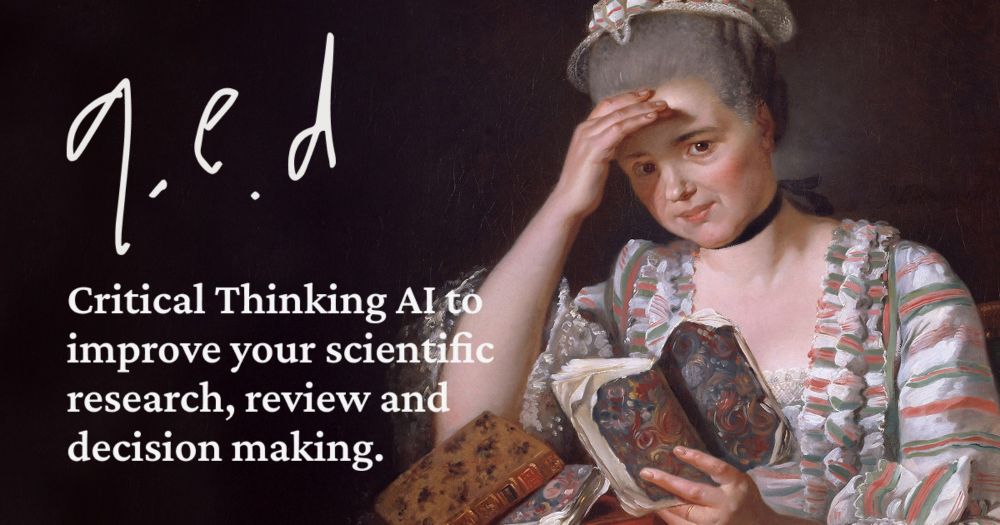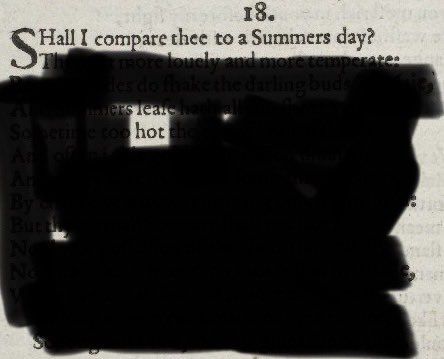Jan van Gemert
@jvgemert.bsky.social
Head of the Computer Vision lab; TU Delft.
- Fundamental empirical Deep Learning research
- Visual inductive priors for data efficiency
Web: https://jvgemert.github.io/
- Fundamental empirical Deep Learning research
- Visual inductive priors for data efficiency
Web: https://jvgemert.github.io/
Interesting take on the role of publication venues.
The idea is to decouple the journals from the review step. They’ll still exist, but they’ll need to add other value. They’ll highlight, curate, add new perspectives. If they do a good job they can still be prestigious (like Scientific American or Wired) (1.2) 👇
November 8, 2025 at 3:13 PM
Interesting take on the role of publication venues.
Reposted by Jan van Gemert
Riffing on Ed Leamer’s “sinning in the basement,” I ponder a theoretical reformation in machine learning.
(There are ImageNet scatterplots, IYKYK.)
(There are ImageNet scatterplots, IYKYK.)

Desirable Sins
Robustness of the holdout method and paths forward for machine learning theory.
www.argmin.net
October 16, 2025 at 2:32 PM
Riffing on Ed Leamer’s “sinning in the basement,” I ponder a theoretical reformation in machine learning.
(There are ImageNet scatterplots, IYKYK.)
(There are ImageNet scatterplots, IYKYK.)
Interesting initiative; started by frustrated scientist; for frustrated scientists.
October 15, 2025 at 7:07 PM
Interesting initiative; started by frustrated scientist; for frustrated scientists.
Reposted by Jan van Gemert
Meet @dimadamen.bsky.social, Prof of Computer Vision at the @bristoluni.bsky.social 🏴 & ELLIS Fellow working in Multimodal Learning Systems.
She aims to inspire more women to lead in #AI by highlighting more role models.
Discover her career milestones and goals for the field.
#WomenInELLIS
She aims to inspire more women to lead in #AI by highlighting more role models.
Discover her career milestones and goals for the field.
#WomenInELLIS
October 15, 2025 at 7:21 AM
Meet @dimadamen.bsky.social, Prof of Computer Vision at the @bristoluni.bsky.social 🏴 & ELLIS Fellow working in Multimodal Learning Systems.
She aims to inspire more women to lead in #AI by highlighting more role models.
Discover her career milestones and goals for the field.
#WomenInELLIS
She aims to inspire more women to lead in #AI by highlighting more role models.
Discover her career milestones and goals for the field.
#WomenInELLIS
This ambitious line of work is a great example of empirical theory in deep learning!
I think we need more empirical theory in ML/DL (in contrast what ML people call 'theory', which is math, but not empirical 🙂).
Metascience for ml 🙂
metascienceforml.github.io
I think we need more empirical theory in ML/DL (in contrast what ML people call 'theory', which is math, but not empirical 🙂).
Metascience for ml 🙂
metascienceforml.github.io
October 11, 2025 at 11:23 AM
This ambitious line of work is a great example of empirical theory in deep learning!
I think we need more empirical theory in ML/DL (in contrast what ML people call 'theory', which is math, but not empirical 🙂).
Metascience for ml 🙂
metascienceforml.github.io
I think we need more empirical theory in ML/DL (in contrast what ML people call 'theory', which is math, but not empirical 🙂).
Metascience for ml 🙂
metascienceforml.github.io
Reposted by Jan van Gemert
Now you can either do 2 things: Adding more coils, bigger magnets, an iron core, and engineering all that until you get a useful product that changes the world.
Or you can try to understand what is going on, like Michael Faraday did and as later James Clerk Maxwell formalized.
I want the latter.
Or you can try to understand what is going on, like Michael Faraday did and as later James Clerk Maxwell formalized.
I want the latter.
October 3, 2025 at 10:01 AM
Now you can either do 2 things: Adding more coils, bigger magnets, an iron core, and engineering all that until you get a useful product that changes the world.
Or you can try to understand what is going on, like Michael Faraday did and as later James Clerk Maxwell formalized.
I want the latter.
Or you can try to understand what is going on, like Michael Faraday did and as later James Clerk Maxwell formalized.
I want the latter.
Do scientific papers need to be boring? 🤔
7. How to write consistently boring scientific literature.
“Hell – is sitting on a hot stone reading your own scientific publications”
Erik Ursin, fish biologist
Thanks @fattebertj.bsky.social
Open Access
nsojournals.onlinelibrary.wiley.com/doi/epdf/10....
“Hell – is sitting on a hot stone reading your own scientific publications”
Erik Ursin, fish biologist
Thanks @fattebertj.bsky.social
Open Access
nsojournals.onlinelibrary.wiley.com/doi/epdf/10....
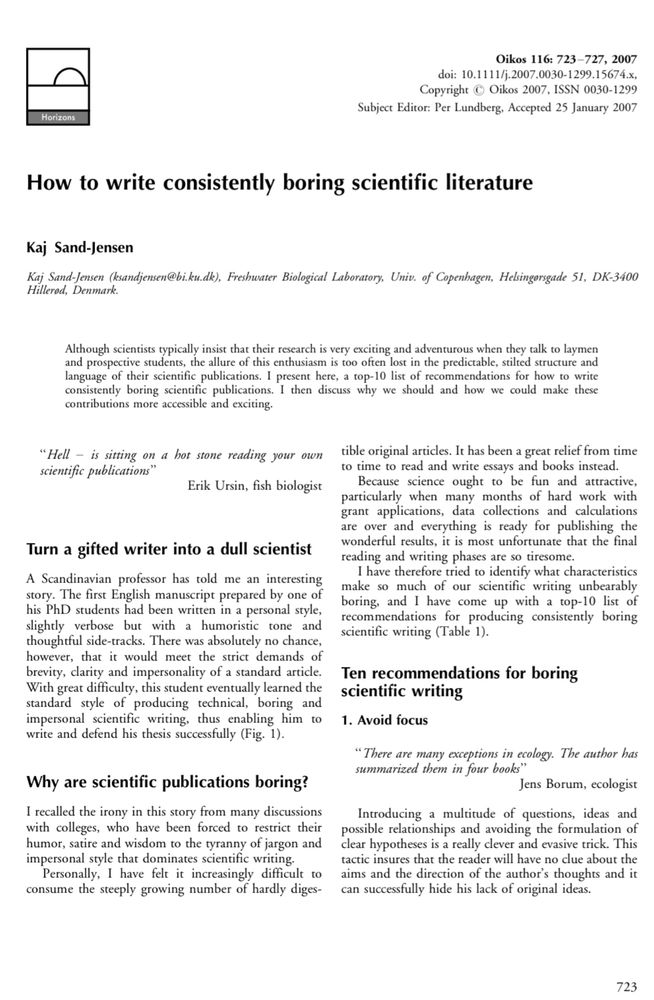
October 3, 2025 at 9:48 AM
Do scientific papers need to be boring? 🤔
Reposted by Jan van Gemert
In 2016 Hinton predicted that AI would replace all radiologists in five years. Ten years later, why hasn't it happened? This post is a great explainer.
www.understandingai.org/p/ai-isnt-re...
www.understandingai.org/p/ai-isnt-re...

AI isn't replacing radiologists
Radiology combines digital images, clear benchmarks, and repeatable tasks. But demand for human radiologists is at an all-time high.
www.understandingai.org
October 1, 2025 at 2:35 PM
In 2016 Hinton predicted that AI would replace all radiologists in five years. Ten years later, why hasn't it happened? This post is a great explainer.
www.understandingai.org/p/ai-isnt-re...
www.understandingai.org/p/ai-isnt-re...
Reposted by Jan van Gemert
A simple argument for equivariance at scale: 1) At scale, token-wise linear layers dominate compute. 2) Token-wise linear equivariant layers implemented in the Fourier domain are block-diagonal and hence fast.
September 18, 2025 at 5:51 PM
A simple argument for equivariance at scale: 1) At scale, token-wise linear layers dominate compute. 2) Token-wise linear equivariant layers implemented in the Fourier domain are block-diagonal and hence fast.
Reposted by Jan van Gemert
😱😱😱 @jvgemert.bsky.social are you ok? You could have told us all you were a ghost from the beginning!👻

September 15, 2025 at 3:00 PM
😱😱😱 @jvgemert.bsky.social are you ok? You could have told us all you were a ghost from the beginning!👻
There are diminishing returns. Stop trying to improve review quality by excessive extra work.
Remember the irreducible Bayes Error: If the task has inherent subjectivity, it will not help to get better quality measurements.
Remember the irreducible Bayes Error: If the task has inherent subjectivity, it will not help to get better quality measurements.
Everybody misses the 1-page rebuttal.
These lengthy forum style comments are a nightmare: a nightmare for the authors who spend way too much time writing them, a nightmare for the reviewers who spend too much time understanding them, a nightmare for the ACs who will have to summarize all. Stop it!
These lengthy forum style comments are a nightmare: a nightmare for the authors who spend way too much time writing them, a nightmare for the reviewers who spend too much time understanding them, a nightmare for the ACs who will have to summarize all. Stop it!
As a #NeurIPS AC I did a little stat. Paper reviews+responses in my batch contain 515k characters and 75k words. This is without including papers themselves or authors/reviewers discussions. So please be nice to your AC, we are doing our best. Also I miss the one page PDF response of old ICML.
August 1, 2025 at 12:48 PM
There are diminishing returns. Stop trying to improve review quality by excessive extra work.
Remember the irreducible Bayes Error: If the task has inherent subjectivity, it will not help to get better quality measurements.
Remember the irreducible Bayes Error: If the task has inherent subjectivity, it will not help to get better quality measurements.
Reposted by Jan van Gemert
🚀 Today we're launching the 'Night Science Institute', a non-for-profit organization to lead a cultural shift in science! You may say we're dreamers 😉, but we think we're not the only ones. Perhaps today you will join us to make the Day Science and Night Science parts of the process live as one!
July 29, 2025 at 2:59 PM
🚀 Today we're launching the 'Night Science Institute', a non-for-profit organization to lead a cultural shift in science! You may say we're dreamers 😉, but we think we're not the only ones. Perhaps today you will join us to make the Day Science and Night Science parts of the process live as one!
Guilty 😅
July 23, 2025 at 4:52 PM
Guilty 😅
Great post on anti-bureaucracy, machine learning theory, and pull requests.
Responding to @jessicahullman.bsky.social, I propose an alternative to checklists and statistical mandates in machine learning research.

Metascience of pull requests
Advocating for open data without bureaucratic statistics.
www.argmin.net
July 16, 2025 at 4:50 AM
Great post on anti-bureaucracy, machine learning theory, and pull requests.
Reposted by Jan van Gemert
The biggest publishers pulled profit margins in 2023 that rival Big Tech.
And they still charge you to publish and your library to read.
When are we going to start seriously thinking of alternatives to reform #PeerReview?
🧪 #SciPub #AcademicPublishing
And they still charge you to publish and your library to read.
When are we going to start seriously thinking of alternatives to reform #PeerReview?
🧪 #SciPub #AcademicPublishing
Where is the money going? In the case of for-profit publishers it's very clear:
Your open access fees fund corporate profit margins.
Profit margins for large academic publishers can far exceed those of household names like Amazon and Apple.
chart source: bit.ly/4leULKi
#scipub #academicsky
Your open access fees fund corporate profit margins.
Profit margins for large academic publishers can far exceed those of household names like Amazon and Apple.
chart source: bit.ly/4leULKi
#scipub #academicsky
July 7, 2025 at 9:23 PM
The biggest publishers pulled profit margins in 2023 that rival Big Tech.
And they still charge you to publish and your library to read.
When are we going to start seriously thinking of alternatives to reform #PeerReview?
🧪 #SciPub #AcademicPublishing
And they still charge you to publish and your library to read.
When are we going to start seriously thinking of alternatives to reform #PeerReview?
🧪 #SciPub #AcademicPublishing
Reposted by Jan van Gemert
The NeurIPS paper checklist corroborates the bureaucratic theory of statistics.
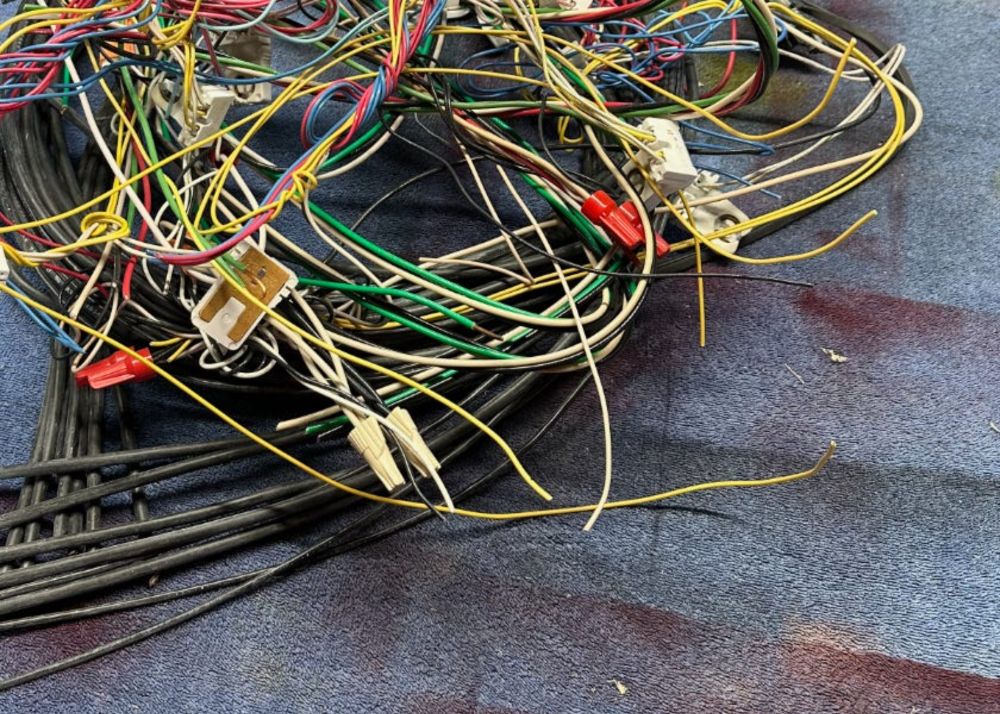
Standard error of what now?
The NeurIPS checklist corroborates the bureaucratic theory of statistics.
www.argmin.net
July 3, 2025 at 2:40 PM
The NeurIPS paper checklist corroborates the bureaucratic theory of statistics.
Reposted by Jan van Gemert
Our computer vision textbook is now available for free online here:
visionbook.mit.edu
We are working on adding some interactive components like search and (beta) integration with LLMs.
Hope this is useful and feel free to submit Github issues to help us improve the text!
visionbook.mit.edu
We are working on adding some interactive components like search and (beta) integration with LLMs.
Hope this is useful and feel free to submit Github issues to help us improve the text!
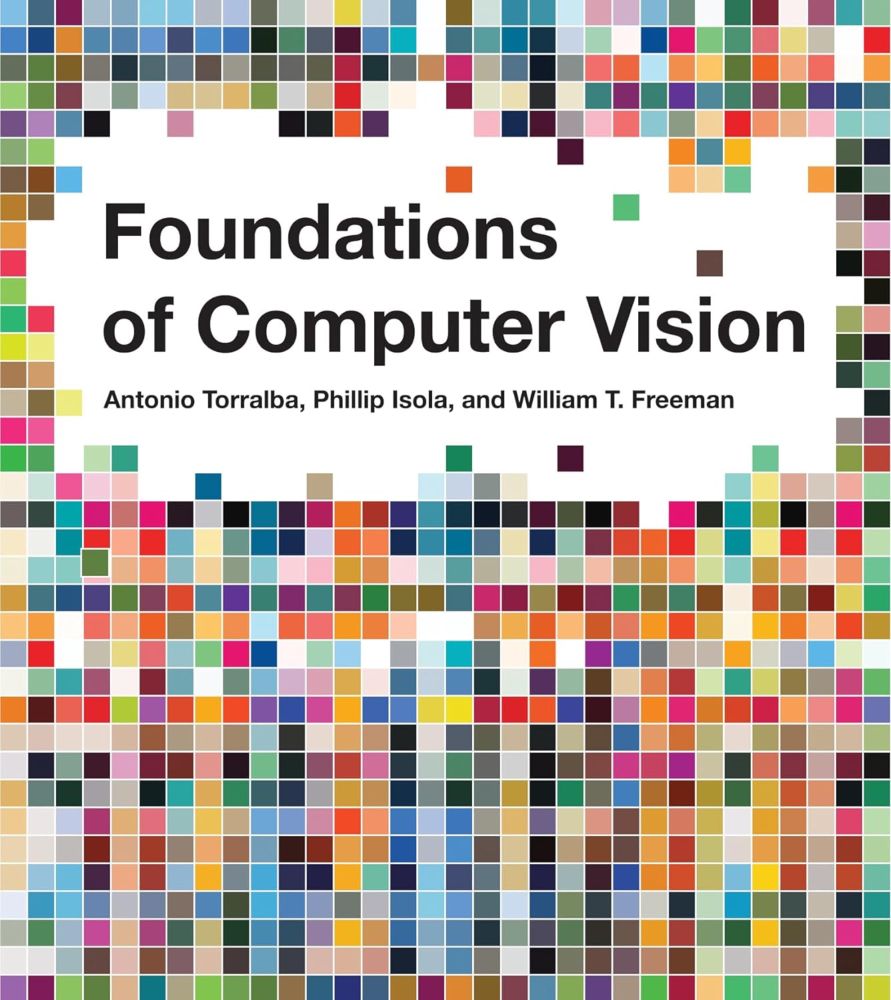
Foundations of Computer Vision
The print version was published by
visionbook.mit.edu
June 15, 2025 at 3:45 PM
Our computer vision textbook is now available for free online here:
visionbook.mit.edu
We are working on adding some interactive components like search and (beta) integration with LLMs.
Hope this is useful and feel free to submit Github issues to help us improve the text!
visionbook.mit.edu
We are working on adding some interactive components like search and (beta) integration with LLMs.
Hope this is useful and feel free to submit Github issues to help us improve the text!
Instead of meeting in the home country, we do it in a country far away 🙂
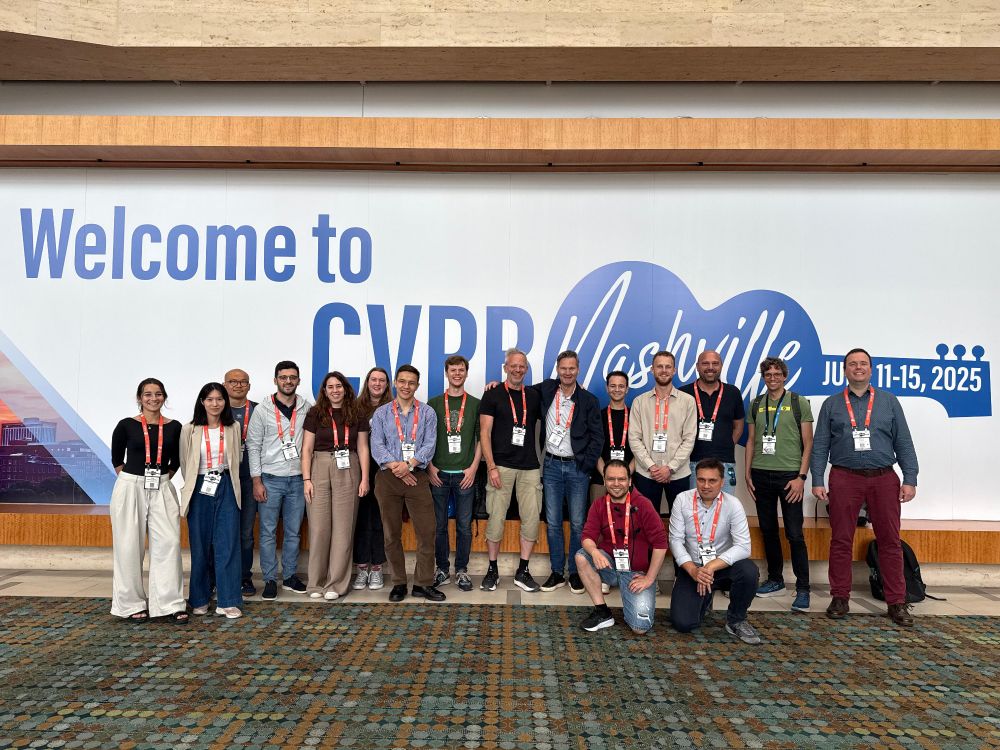
June 15, 2025 at 3:20 PM
Instead of meeting in the home country, we do it in a country far away 🙂
"Academia is built upon a foundation of review. It is messy, decentralized collective decision making that selects a group of people and their writing into a canon of thought."
I wrote a defense of peer review, as it will be the system the academy uses to reinvent itself. www.argmin.net/p/a-defense-...

A Defense of Peer Review
Wait, what?
www.argmin.net
June 3, 2025 at 4:54 PM
"Academia is built upon a foundation of review. It is messy, decentralized collective decision making that selects a group of people and their writing into a canon of thought."
Reposted by Jan van Gemert
Reposted by Jan van Gemert
Worth your time to read this characteristically thoughtful blog post by Leon Bottou on LLM research. leon.bottou.org/news/two_les...
news:two_lessons_from_iclr_2025 [leon.bottou.org]
leon.bottou.org
May 1, 2025 at 5:33 PM
Worth your time to read this characteristically thoughtful blog post by Leon Bottou on LLM research. leon.bottou.org/news/two_les...
Amazing work on evaluating LLM evaluation.
It is critical for scientific integrity that we trust our measure of progress.
The @lmarena.bsky.social has become the go-to evaluation for AI progress.
Our release today demonstrates the difficulty in maintaining fair evaluations on the Arena, despite best intentions.
The @lmarena.bsky.social has become the go-to evaluation for AI progress.
Our release today demonstrates the difficulty in maintaining fair evaluations on the Arena, despite best intentions.
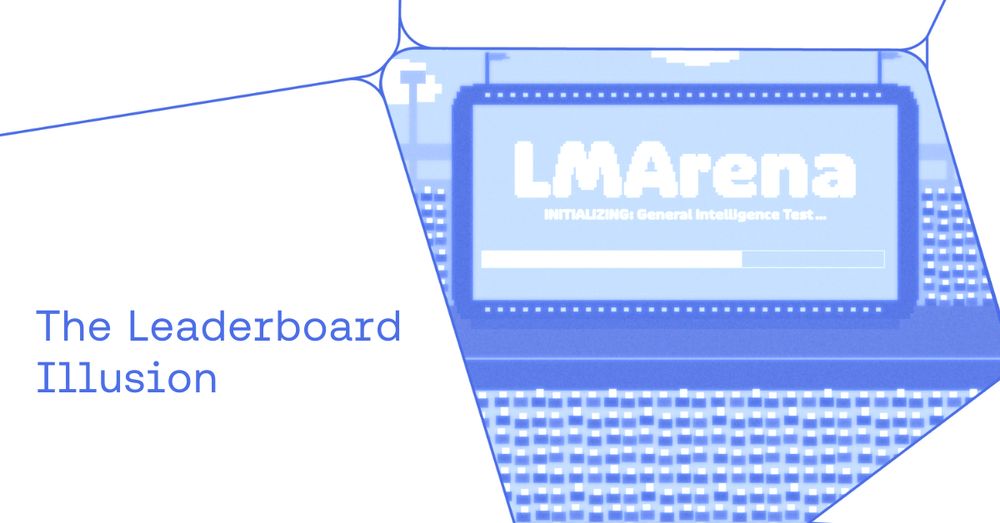
April 30, 2025 at 6:48 PM
Amazing work on evaluating LLM evaluation.
Evaluating evaluation 🙂
Guest post! @rajiinio.bsky.social reflects on our machine learning evaluation class (and the chaos of co-teaching with me).

To Measure Is to Know
Deb's initial reflections on our machine learning evaluation course.
www.argmin.net
April 25, 2025 at 7:33 PM
Evaluating evaluation 🙂
Reposted by Jan van Gemert
Uhhh, hi! It's me, Bookshop.org, a place to buy books online where every purchase financially supports indie bookstores instead of some billionaire.
November 20, 2024 at 5:42 PM
Uhhh, hi! It's me, Bookshop.org, a place to buy books online where every purchase financially supports indie bookstores instead of some billionaire.
Reposted by Jan van Gemert
⏳Only 1 day left to submit your reviews!
⚠️Late or careless reviews won’t be taken lightly —
authors of such reviews risk having their own submissions desk rejected.
Please be fair and responsible!🙂
⚠️Late or careless reviews won’t be taken lightly —
authors of such reviews risk having their own submissions desk rejected.
Please be fair and responsible!🙂

April 22, 2025 at 3:40 PM
⏳Only 1 day left to submit your reviews!
⚠️Late or careless reviews won’t be taken lightly —
authors of such reviews risk having their own submissions desk rejected.
Please be fair and responsible!🙂
⚠️Late or careless reviews won’t be taken lightly —
authors of such reviews risk having their own submissions desk rejected.
Please be fair and responsible!🙂


